Emergency & Security Studies
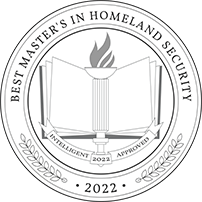

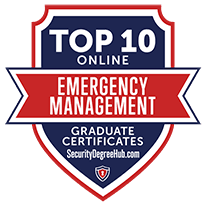

Affordable Tuition | No Test Scores | Rolling Admission | Three Start Dates | Expert Faculty
By submitting this form, you agree to receive information about the Tulane School of Professional Advancement’s programs via email, phone and/or text. You may opt out at any time.




Affordable Tuition | No Test Scores | Rolling Admission | Three Start Dates | Expert Faculty

By day, our professors are leaders in the fields of intelligence, security, and emergency response. They bring their daily experience to the classroom to ensure you are learning real-world professional skills to further your career. Industry leaders serving on program advisory boards ensure faculty teach relevant curriculum connected to the real-world.
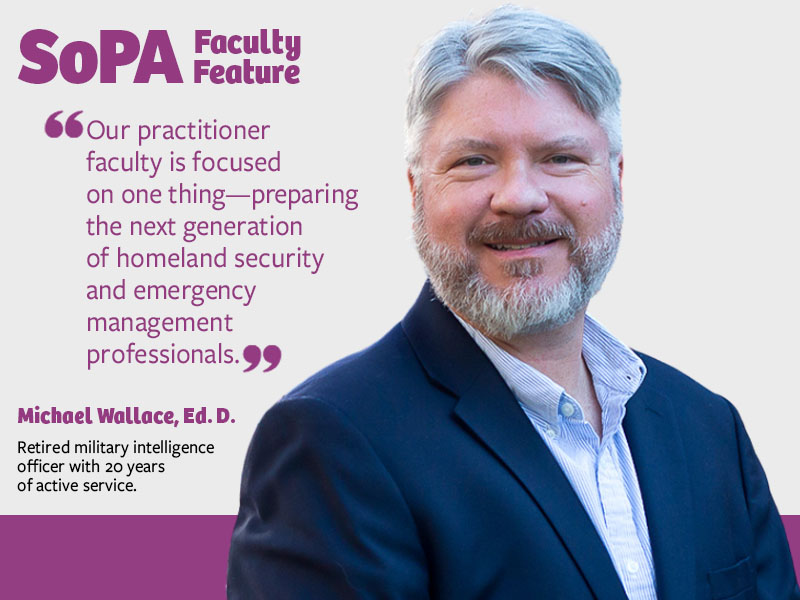
Tulane SoPA Emergency and Security Studies graduates are flexing their skills through leadership roles at some of the country’s most innovative agencies including FEMA, CIA, U.S. Department of Homeland Security, the City of New Orleans and the LSU Office of Emergency Preparedness.

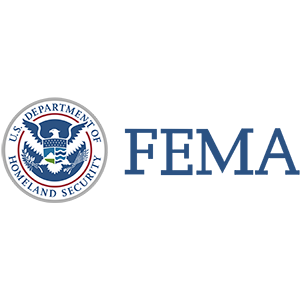




![]()
Partnerships that translate into industry certifications, credit for experience, & career advancement opportunities.
![]()
Never watch a boring PowerPoint. We’ve developed the most interactive courses around.
![]()
Our courses are constantly refreshed and informed by what leaders in emergency & security fields expect from graduates.
Our program partners with Marine Corps College of Distance Education, National Guard Bureau Homeland Security Institute, and U.S. Strategic Command (STRATCOM). View all industry partnerships here.
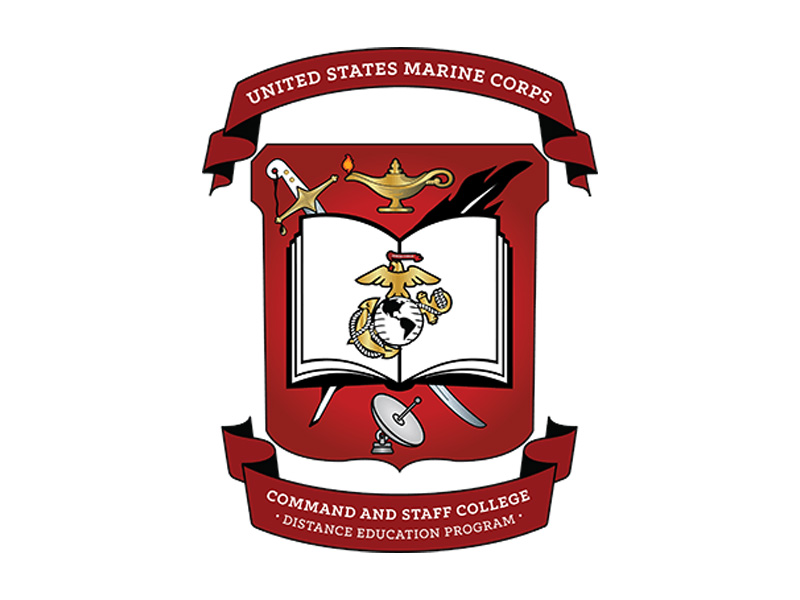
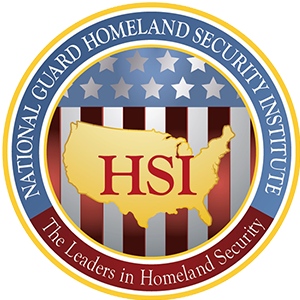
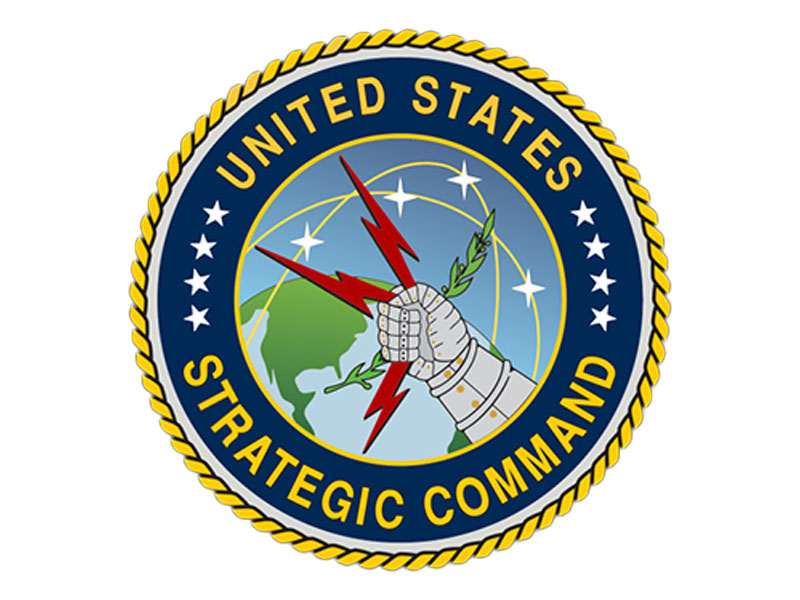
The Emergency & Security Studies curriculum is guided by experienced faculty and a knowledgeable advisory board that helps ensure the most up-to-date and relevant skillsets are being taught to our students.

Norman Hayes
Rear Admiral, United States Navy (Ret.)

Harry Norman
Senior Security Manager, Walt Disney World Parks and Resorts, Training & Development

Candace Rondeaux
Director, Future Frontlines Program, New America

Tafaimamao Tua-Tupula
State Director, University Center for Excellence in Developmental Disabilities, American Samoa Community College
EMERGENCY & SECURITY STUDIES ADVISORY BOARD
Tulane SoPA accepts students on a rolling basis, year-round. Start dates every August, January, and May. We never require test scores or recommendations. Visit our Admissions Process page to learn more.
All tuition is charged by the credit hour and we have minimal fees. Visit our tuition page to see our current tuition rates and use our net price calculator.
We strive to make a Tulane SoPA education affordable for all students. Learn about financial aid, discounts and scholarship opportunities here.
Earn credit for your work experience through a portfolio assessment. Undergraduates can earn up to 24 portfolio credits. Graduate students can earn up to 6 portfolio credits.
SoPA offers career advising to all enrolled students.

SoPA graduate student Aubry Tedford has created a video to raise awareness about human sex trafficking and hopes to someday help eradicate this form of modern-day slavery. The video and a PowerPoint presentation will be used as part of the curriculum she will help teach in a class.
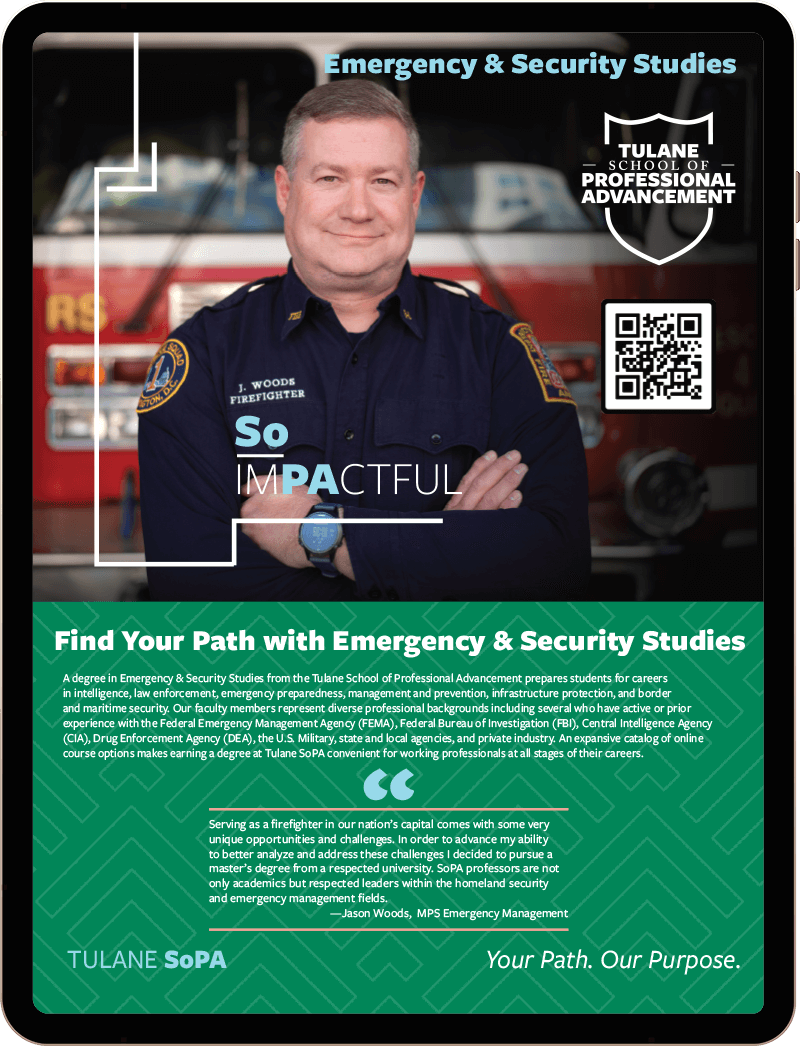
Enter your email to download our Emergency and Security Studies e-brochure.
By submitting this form, you agree to receive information about the Tulane School of Professional Advancement’s programs via email, phone and/or text. You may opt out at any time.